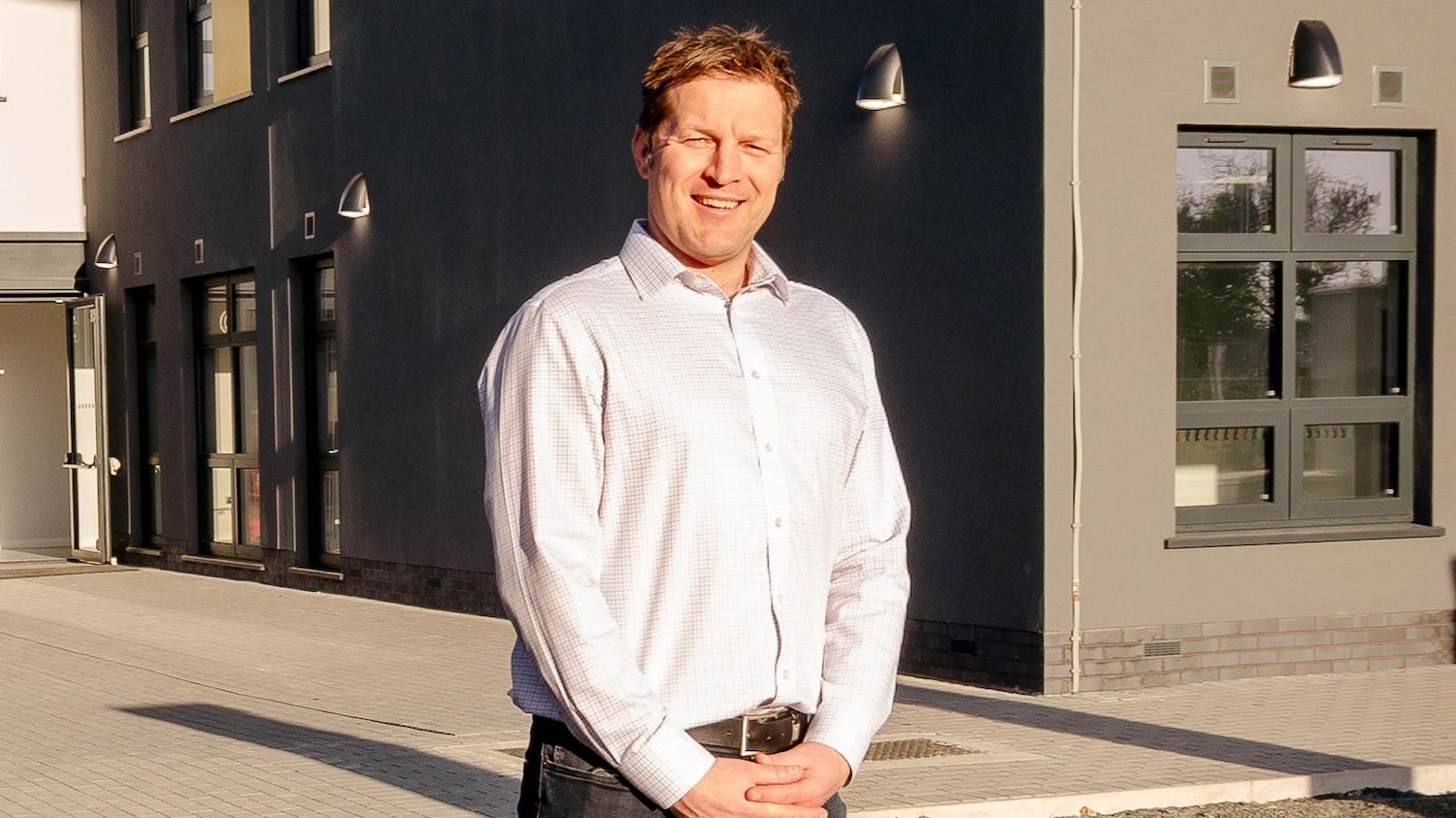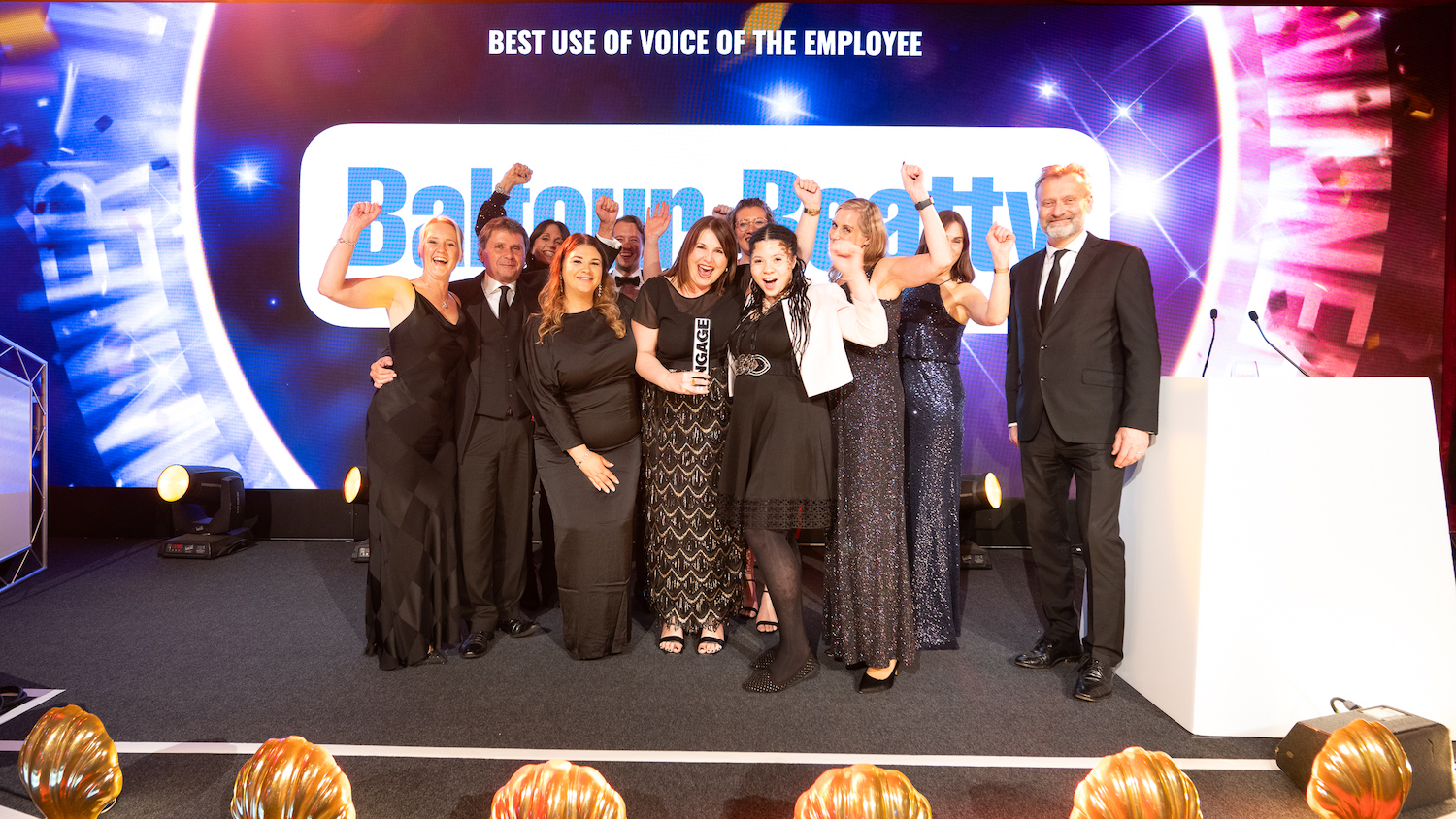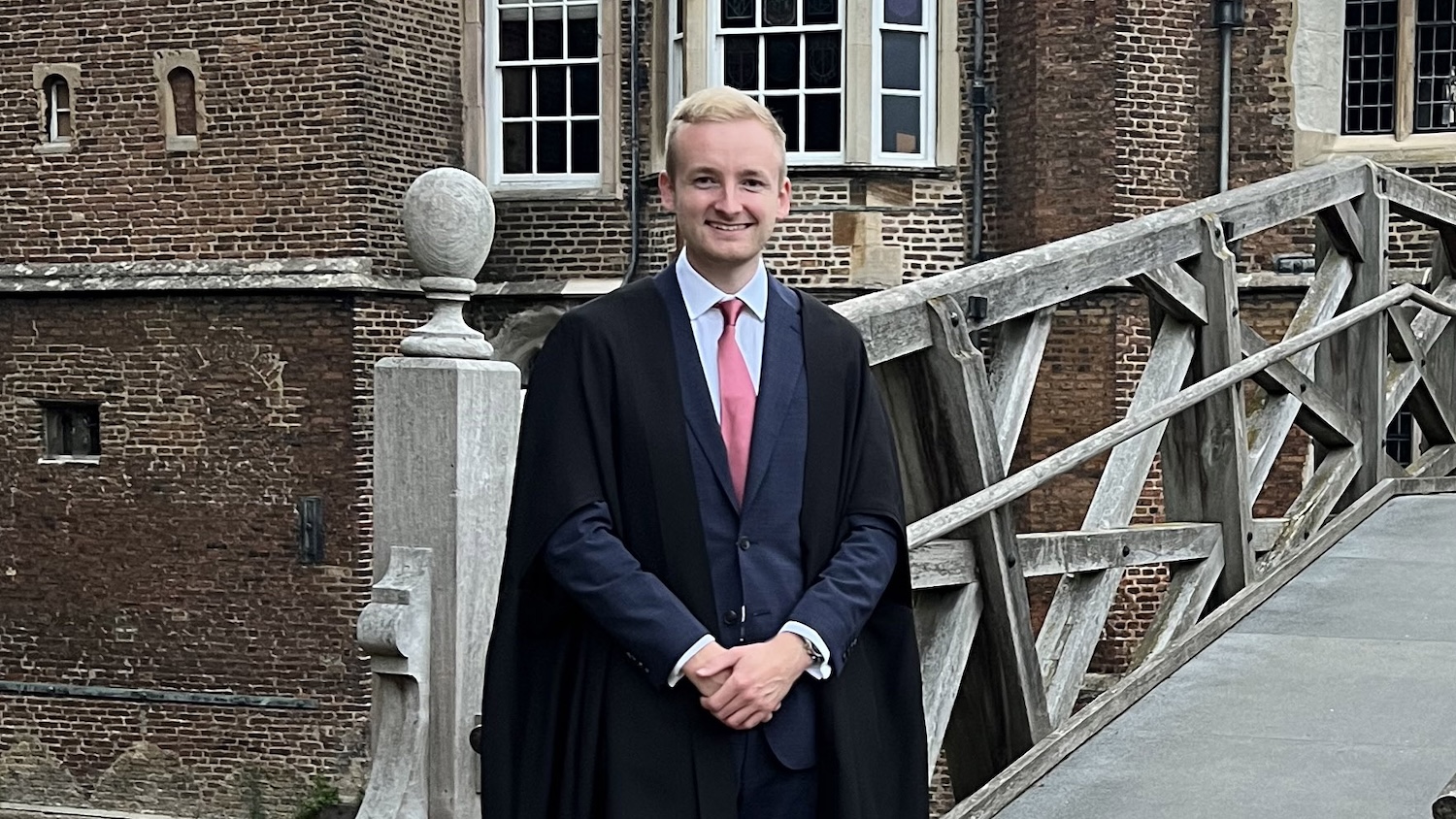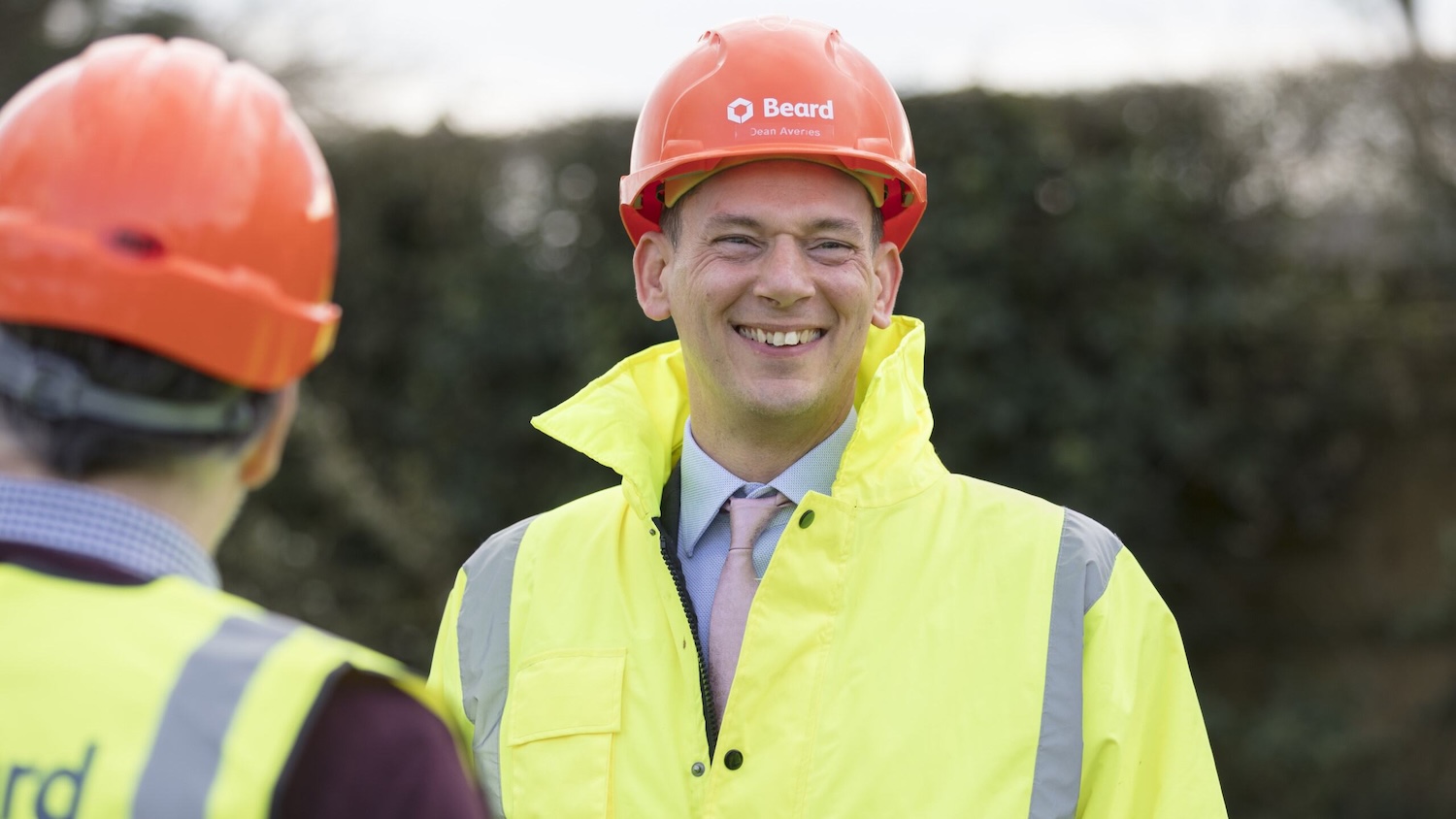
Job spotlight: Phoebe Cakebread, Turner & Townsend
Analytical skills, forecasting and being prepared to have difficult conversations are key skills for the senior cost manager.
Describe a typical day in your job?
Every day is different. From writing cost reports to carrying out valuations on site, client workshops with design teams to rolling out training of our new digital tools. Each day completely depends on the projects I’m working on and at what stages they are in their life cycles.
What skills do you need for it and how do you keep yours updated?
I would say the most vital skill for the role is the ability to think analytically. Technical knowledge can usually be taught on the job.
For example, I came to the sector having studied law. The ability to join the dots and analyse how events on the other side of the world will impact clients’ projects now and in six or 12 months’ time, for example, is what our clients really need from us.
To keep that fine-tuned, we have to pay close attention to what’s happening across different markets, indices and governments to forecast and prepare for what’s coming down the line.
What are the challenges and rewards of your role?
“The ability to join the dots and analyse how events on the other side of the world will impact projects now and in six or 12 months’ time is what clients need from us.”
Managing expectations can be difficult – there are times when we need to have tough conversations with clients and contractors about what’s feasible. However, despite a challenging industry backdrop, we’ve seen a greater willingness to try new, creative approaches to achieve what’s needed and that’s very exciting.
More than anything, seeing a project through to completion and witnessing its tangible impact on the community is what makes the construction sector so uniquely fulfilling.
Do digital roles appeal to a wider audience outside of construction? What is your view on how to bridge the skills gap in your field?
We have a whole team of software developers from backgrounds outside of construction, so digital roles certainly appeal to a wider audience.
The challenge for our sector is that not enough people appreciate just how broad and exciting the work is. There are two areas we need to focus on to solve that. First, going into schools and helping young people understand that construction is more than just trade work. And second, ensuring we’re an inclusive and diverse sector that attracts, supports and retains a wide range of backgrounds and perspectives.
The net-zero agenda offers us a huge opportunity to attract talent and demonstrate the significance of what the sector does. I’ve recently been involved in the development of our Embodied Carbon Calculator. This will help clients to measure and manage carbon alongside cost throughout design and build.
It’s a great initiative. As an industry we need to talk up this type of innovative work to a wider talent pool.
This article was originally posted in Construction Management.






